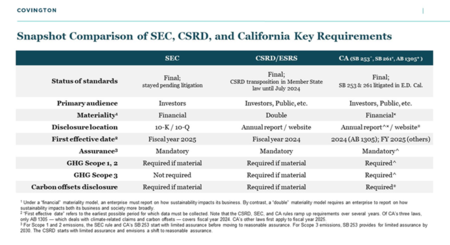Thanks to a very generous donation, the University of Canberra has established the Betty Kitchener Prize, to support students pursuing important mental health research projects.
Betty Kitchener is an esteemed UC graduate and a mental health educator who co-founded the Mental Health First Aid Program (MHFA) with her husband, Professor Tony Jorm. Together, they created a comprehensive system for training members of the public and healthcare professionals on how to recognise and to care for those with mental health issues.
Since the MHFA Program was founded in 2000, it has spread to over 25 countries, and over 3 million people worldwide have undertaken the training. The program has received many awards and recognitions, even former US First Lady Michelle Obama has taken the training. The program has revolutionised the ways in which mental health problems are responded to and treated within the community.
Professor Jorm and Ms Kitchener have generously donated an endowed fund of $100,000 for the University of Canberra to support the important research being done in the mental health space.
“When we were students, both Betty and I benefited from awards that were funded by philanthropic donations,” said Professor Jorm.
“In funding this award, I hope to do the same for future generations of students and early career researchers, specifically those working in the important area of mental health.”
Professor Michelle Lincoln, Executive Dean of Health at the University says high quality research is needed to determine how to best support and when necessary intervene to assist recovery and promote mental health.
“It’s estimated that every year in Australia, twenty per cent of people aged 16-85 years will experience a form of mental illness.
“The nature of the endowment will see annual contributions being made to mental health research projects for many years to come. Such generosity will ensure we continue to design, evaluate and improve mental health supports and services.”








